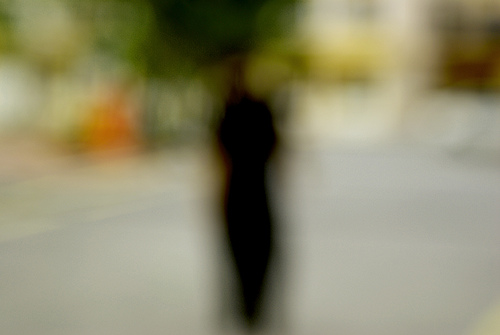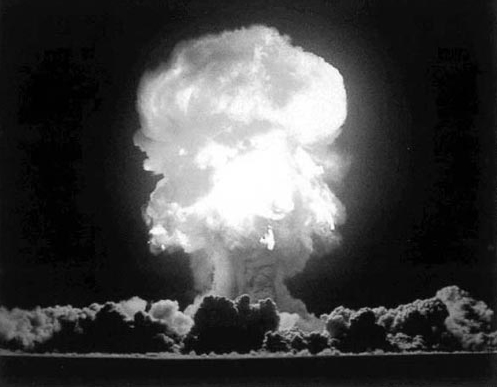Gabrielle Hovendon
Our brother said there would be three lunchboxes worth of snails in the garden. We called him Slug Boy for that. He was always telling us how many sisters he wanted instead of how many he had. On the fourth grade field trip to the orchard, he calculated how many washing machines the apples would fill. Four of the boys got him at the base of the tree, ground his face into the uncut grass. His hair was thick with rotting apples.
How many atoms are in London? How far can a magpie swim? How many red blood cells to cover the surface of a nickel?
In the locker room before gym class, he mused aloud, if you got hit every day with a dodgeball, how long before your kidneys bruised and failed? Later one of our friends said she saw him at the movies and he stared at her the whole time. At the end of the movie, he asked how many eyelashes she thought it would take to cover her entire body.
How many lakes could you fill with the buttons produced in a month in Nanjing? How many aphids would it take to cover every surface in Prague? If you lined up the corpses in Aleppo, the fish in the Bering Strait, the number of Swedish cookies eaten in a week, how many city blocks would you cover? In an earthquake of magnitude seven, how many library books would have to be reshelved?
We were getting older. He was skipping meals, avoiding friendships. He stayed after school with the lonely physics teacher and we watched them through the window, their heads bent low over some experiment. We were new and untested, freshly hatched from puberty. There were springs and rockets in all our bones. We went to our sports practices and fast food jobs and boyfriends’ backseats; we went to first base, second base, everything but. He told us one day at supper that Enrico Fermi, the king of modern estimation, had once calculated the strength of an atomic bomb based on the flight of a scrap of paper during the blast.
How many prom tickets to make a line from Prague to Budapest? How many frogs in the Amazonian rainforest? How many footballs ring the sun or end the world?
State schools offered us scholarships. We went. Our brother accepted a full ride to Harvard and took classes in physics, statistics, dimensional analysis. For four years he didn’t come home. He was busy measuring the world in bathtubs, in raindrops, in ketchup bottles.
How many bricks to build the library? How many broccoli florets in all the cafeterias in Cambridge? How many keg stands across the country in a year?
We got jobs, bought houses, had families. He was offered a top-secret government job, doing dimensional analysis for the war. The number of battleships in a gulf, the number of bombs on a battleship. He sent cards at Christmas with strange equations involving hornet nests and lima beans. He did not call.
How many times greater is the energy from a lightbulb than a firefly? A French horn than an earthquake? How large is the photon flux from a visible star? An invisible star?
We waited for the suicide note. The day he calculated the volume of pills to fill the cavity where he felt his heart should be. The day he calculated exactly how empty his life was. A Great Lake drained, mines emptied of gold, a million whales hollowed out. But years passed, and there were no obituaries.
How many eyedroppers to drown a horse? How many eggshells to line a coffin?
We stop remembering our brother. If not for the broadcasters quantifying new statistics in bottles of dish soap and pickle jars, we would have forgotten he even existed. It seemed that lately our lives were overflowing with love, so much we were drowning in it. Love for our ailing parents and our overweight spouses. Love for our snotty kids. Love for our nine-to-five jobs at our law firms and insurance offices. We loved them all, love them indiscriminately, unquantifiably. We loved them more and more until we were full to bursting.
More than all the grass. More than all the cemeteries. More than all the oceans and raspberries and footballs and planets and all the things we had not seen and could not begin to count.
Gabrielle Hovendon is an MFA candidate in fiction at Bowling Green State University, where she teaches creative writing and composition. Her work has appeared or is forthcoming in publications including Redivider, Ninth Letter, Tin House’s Open Bar, the Baltimore Review, and Necessary Fiction. She is currently at work on a novel about the lives of two nineteenth-century mathematicians.


